Can gluten intolerance cause skin bumps?
.png?v=1674129347086)

Related products

Although gluten is well-known for its role in coeliac disease, it may also be connected to a variety of other health concerns—including skin issues. There is growing evidence linking gluten to numerous additional diseases and complications, especially those involving immune and inflammatory responses. Among these, skin symptoms are some of the most frequently associated problems triggered by gluten-containing foods.For those suspecting a gluten sensitivity or other dietary triggers, exploring intolerance testing can be a valuable step toward identifying underlying causes.
In certain individuals, the immune system can overreact to gluten, resulting in inflammation and a cascade of allergic or autoimmune responses. This kind of immune activity can manifest in various ways, including conditions like eczema, psoriasis, and dermatitis herpetiformis. It's not surprising that there's a strong link between gluten and skin issues, considering that inflammation and immune dysregulation are core elements in many skin disorders. Managing one often helps in alleviating symptoms of the other. If you're dealing with seasonal allergies, exploring suitable hay fever treatments may help reduce overall immune stress on your body.
Dermatitis Herpetiformis
An irritating rash known as dermatitis herpetiformis (DH) is characterised by clusters of bumps and ulcers. Additionally, studies inform us that it is a typical skin symptom of coeliac disease, indicating that gluten is the root cause. Most experts feel that a DH diagnosis is sufficient to prove coeliac disease.
Gluten-sensitive people produce anti-gluten antibodies. Your immune system uses antibodies, which are proteins, to defend you from outside intruders. Therefore, the immune system attacks when gluten is eaten using these anti-gluten antibodies.
And this immune response leads to inflammation and small intestinal wall destruction. However, it can also cause additional immune responses to occur all across the body.
Gluten promotes the skin to produce IgA antibodies for those with DH. Lesions resembling blisters develop on the skin as a result of the antibodies.
10% of those with coeliac disease are thought to have DH diagnoses. However, up to 30% of people with DH do not exhibit the typical gastrointestinal problems connected to coeliac disease.
Studies have shown that a completely gluten-free diet is the most effective remedy for DH, regardless of whether you have digestive problems or not.
Symptoms of Dermatitis Herpetiformis

Dermatitis herpetiformis is a skin condition that causes highly itchy bumps and a burning rash that typically affects the hips, wrists, knees, lower spine, back of the neck, and buttocks on both sides of the body. It is typical to see this condition in 15% to 25% of people with coeliac disease.
If your coeliac blood allergy tests are positive and you are diagnosed with dermatitis herpetiformis, you are naturally assumed to have autoimmune disorders like coeliac disease. A relatively recent medical disease is non-coeliac gluten intolerance. More research needs to be done to ascertain the extent of the effect of consuming gluten on different skin manifestations.
However, there is mounting proof that persons with gluten sensitivity - whether or not they have been diagnosed with untreated coeliac disease - are more likely to experience various gluten rashes than those who are not. If you're experiencing unexplained skin symptoms and suspect a food-related trigger, a Food Intolerance Test can be a useful first step in identifying potential dietary culprits.
Other common symptoms of coeliac disease
-
Skin rash
-
Chronic urticaria
-
Abdominal pain
-
Weight loss
-
Digestive issues
-
Alopecia areata
Read more: Who should use a gluten intolerance test?
Other skin conditions linked to coeliac disease

In addition to dermatitis herpetiformis, people with coeliac disease or non-coeliac gluten intolerance are more likely to experience various skin issues, such as keratosis pilaris.
Many people with coeliac disease or non-coeliac gluten sensitivity have the issue of having dry skin. While additional research is needed to determine whether the condition is the root cause of skin problems, some medical professionals have suggested that poor nutrition uptake caused by impaired villi is the basis for why the skin lacks the nutrients it needs for moisture and nourishing.
A link between coeliac disease and eczema has also been demonstrated by research. Due to this, patients who follow a gluten-free diet and have both illnesses have a higher chance of controlling their symptoms than those who do not.
Additionally, research has shown that individuals with psoriasis typically have high blood levels of anti-gluten antibodies.
More research is still required to determine whether gluten causes psoriasis or whether those with the condition are at an increased risk for coeliac disease. However, data suggest that patients with psoriasis significantly improved their skin disease after switching to a gluten-free diet.
Order an at-home Coeliac Screen Blood Test from Welzo today!
How to diagnose dermatitis herpetiformis?
Any decision on whether or not to begin a diet, whether it be a gluten-free one or not gluten exposure, must be well-thought-out and based on logic rather than feeling. Without seeking medical guidance, cutting off gluten runs the risk of depleting your body's nutritional sources.
Furthermore, adhering to this diet can put undue pressure on you to search for dietary options even if you are not gluten sensitive.
Whether your problem is related to your skin or gastrointestinal, you need to consult with specialists to get a good diagnosis. Your safety and wellness will benefit from undergoing coeliac disease blood testing and dermatitis herpetiformis skin biopsy to rule out the cause of the condition.
No matter how well you believe you understand your body, self-diagnosis is never a sensible course of action. In order to receive the best therapy, you must receive an accurate diagnosis of your disease from a competent healthcare practitioner.
Eczema with coeliac disease
A persistent inflammatory skin condition that results in red, crusty, and slippery tiny bumps is eczema, commonly known as atopic dermatitis (AD). Many theories exist on the cause(s) of AD. There has been discussion of autoimmune, genetic, and environmental causes. Although further research is required, it does seem that coeliac disease and gluten sensitivity are related. Food allergies and AD have both been linked. One of the most typical food allergies is wheat, which contains gluten.
There is currently mounting evidence that dietary allergies may aggravate AD. However, many people attempt to cut out particular foods from their diet as standard medical therapies don't have a high success rate. The survey's findings indicated that avoiding white flour products, gluten, and nightshades produced the best results. More specifically, the condition of nearly 50% of those who stopped eating these meals significantly improved.
For those looking for topical support in managing eczema symptoms, products like Eumovate Eczema Cream and Dermalex Eczema Treatment can offer relief alongside dietary adjustments.
Treatment options to treat dermatitis herpetiformis
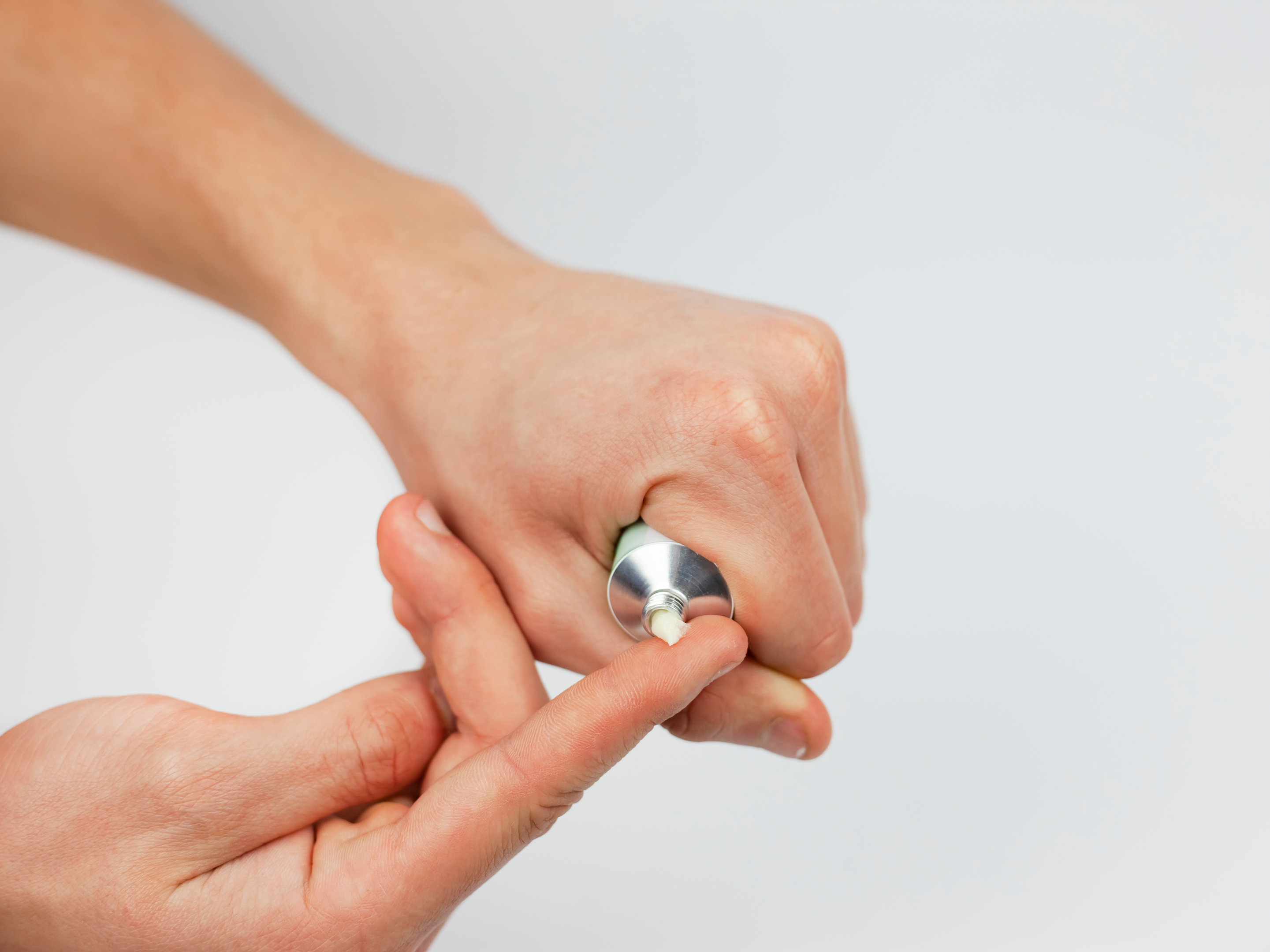
Market-available medications and topical lotions are designed to decrease the itching and development of rashes brought on by these various skin conditions. The most frequently recommended drug for dermatitis herpetiformis is Dapsone.
Corticosteroid creams are typically used to treat eczema. Be aware that you should only use these medications on a doctor's recommendation.
A gluten-free diet has also proven to be a successful treatment method for certain skin issues.
Numerous studies have revealed that people with various skin diseases who adopted a gluten-free diet received symptom improvement within weeks. But before you decide to abstain from gluten forever, we advise that you seek the correct guidance from a competent dietitian or nutritionist. Read more: What is a coeliac screen?








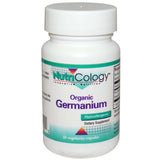
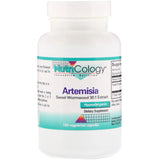



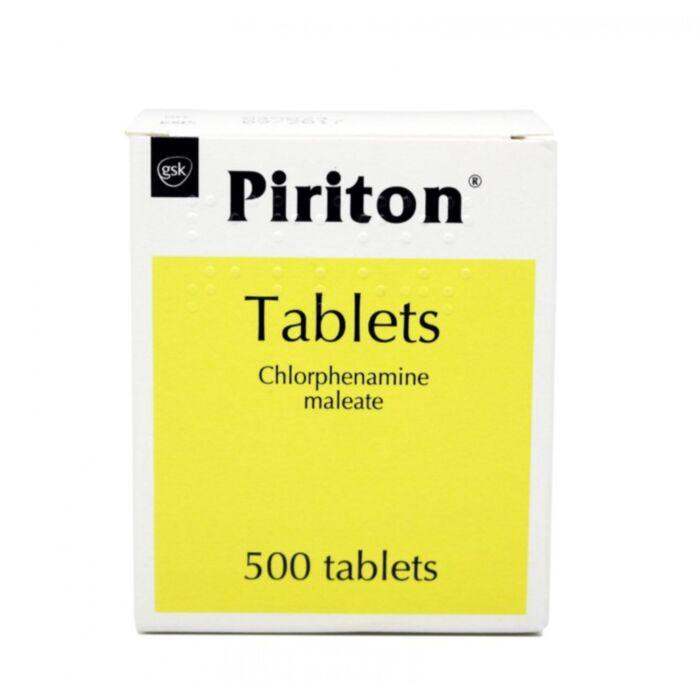

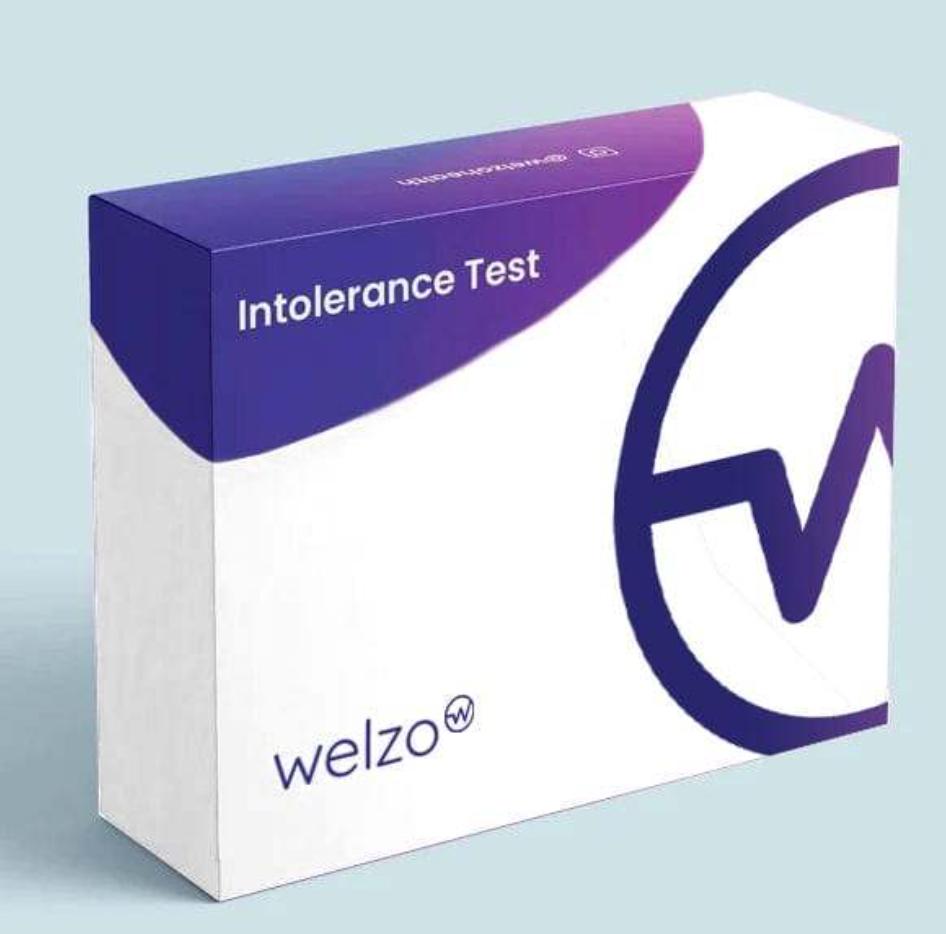








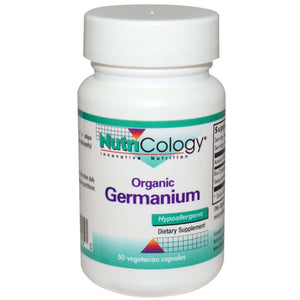
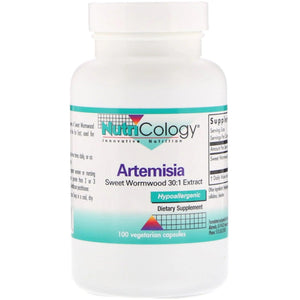





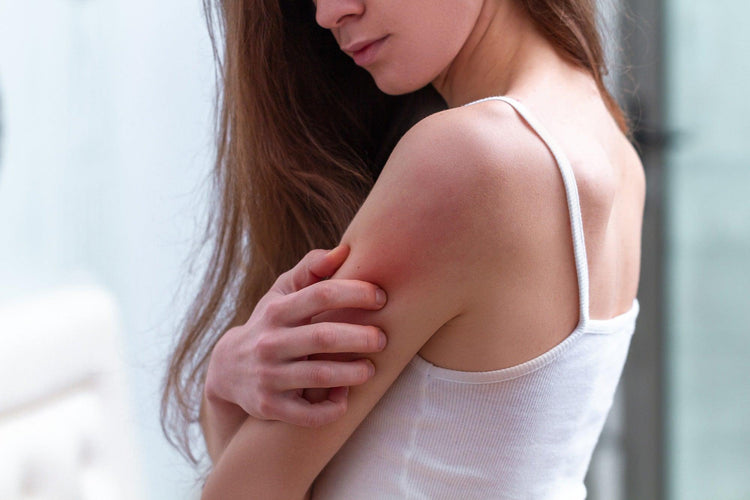



 Rated Excellent by 26,523+ Reviews
Rated Excellent by 26,523+ Reviews